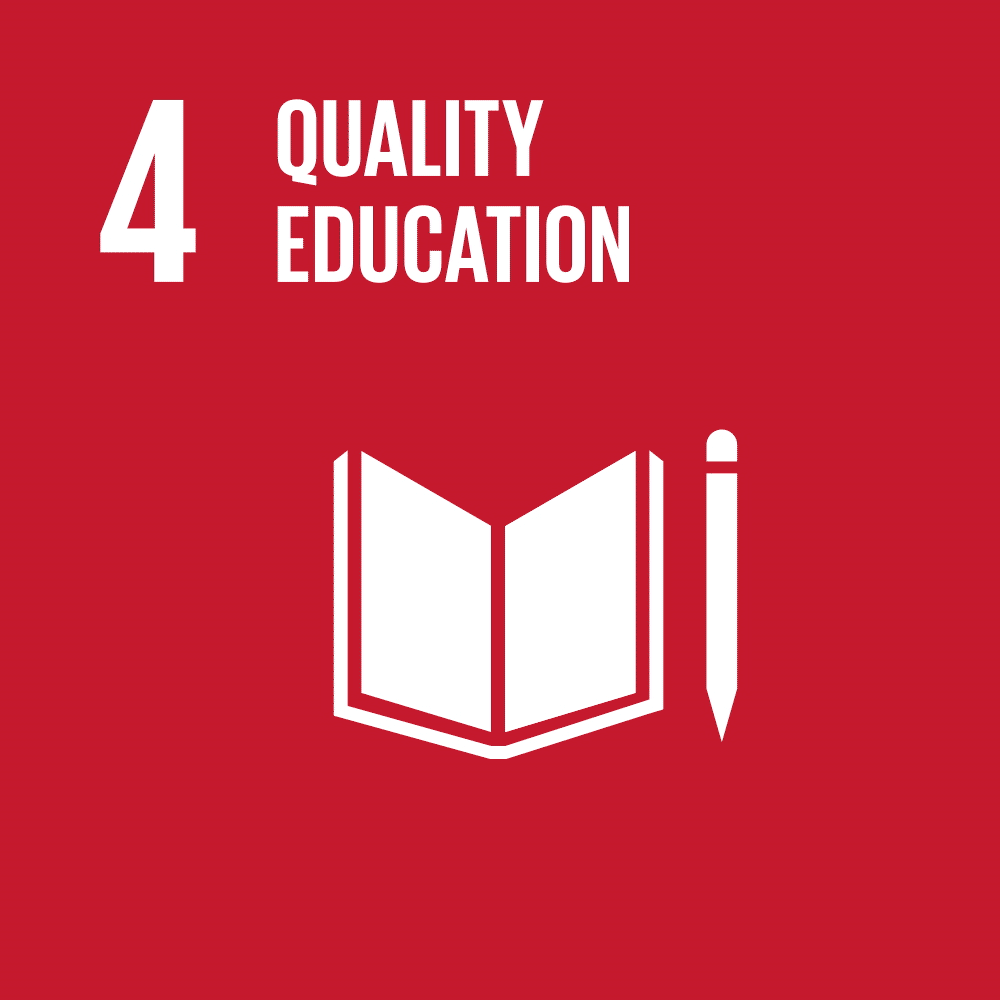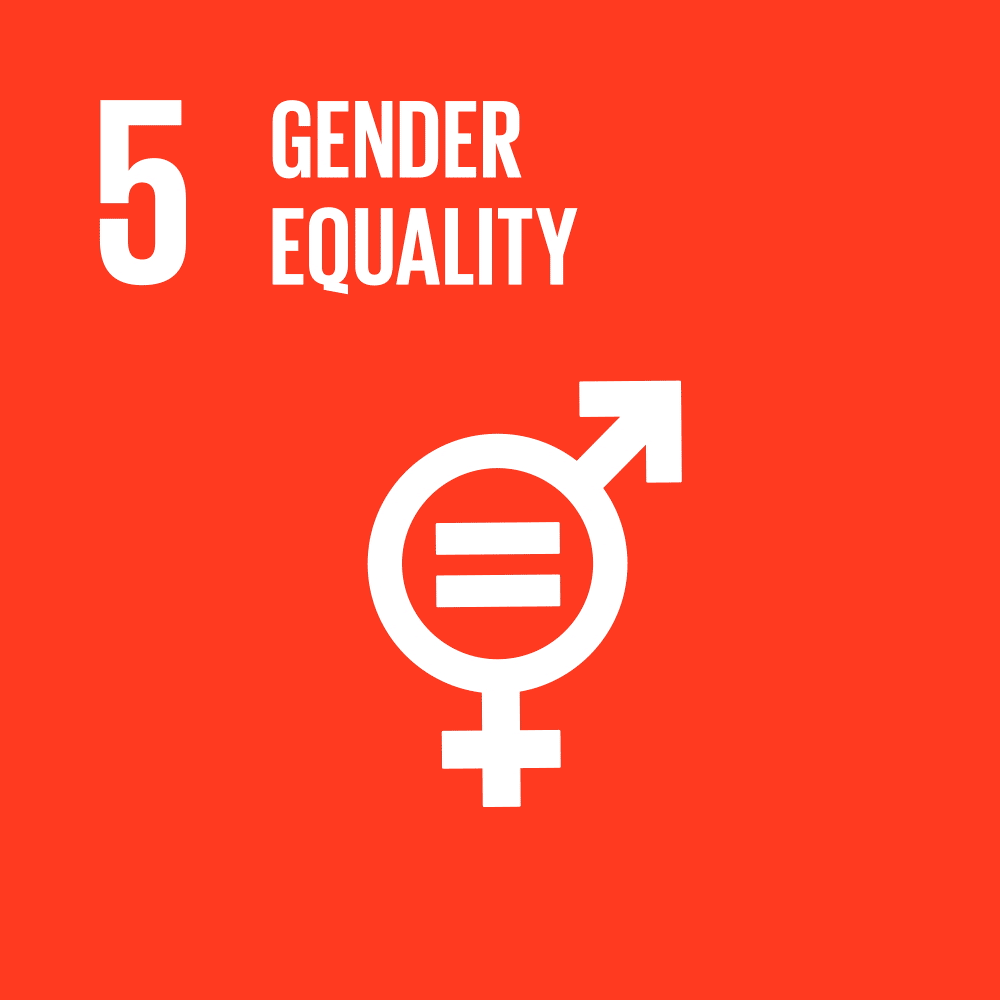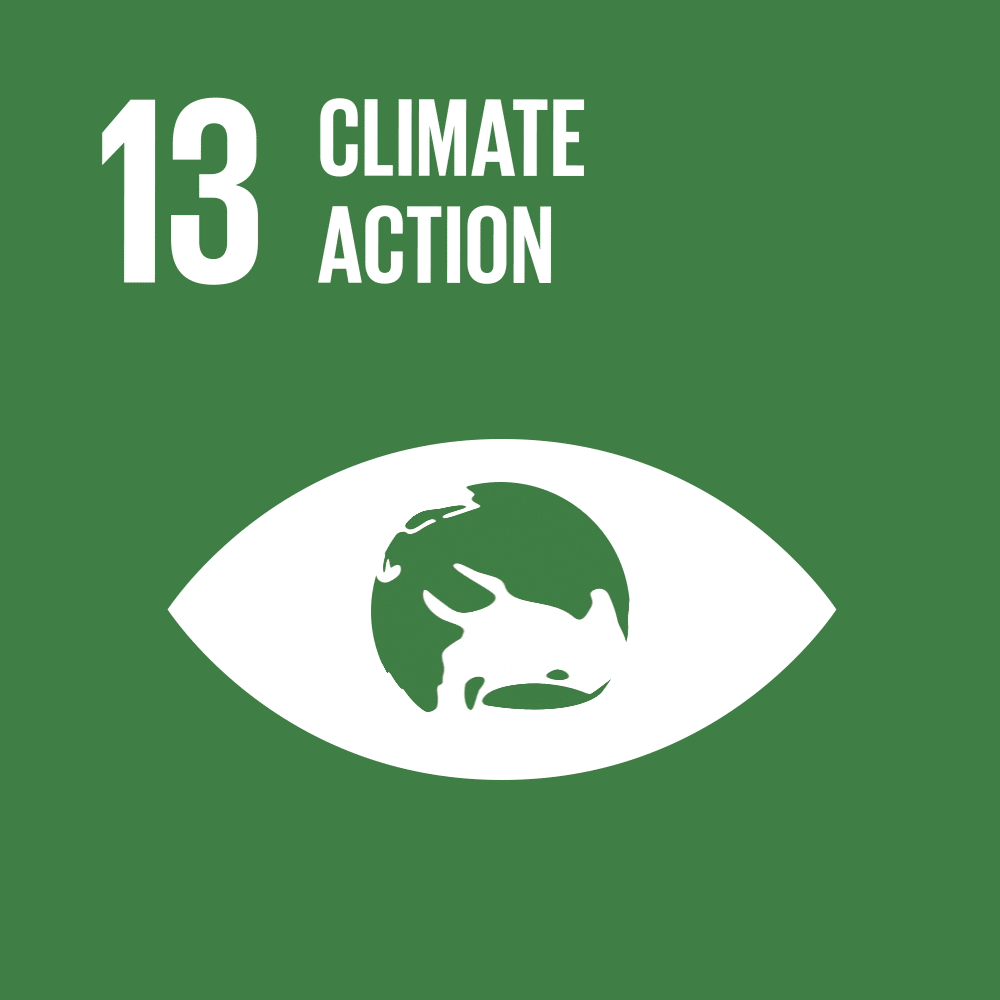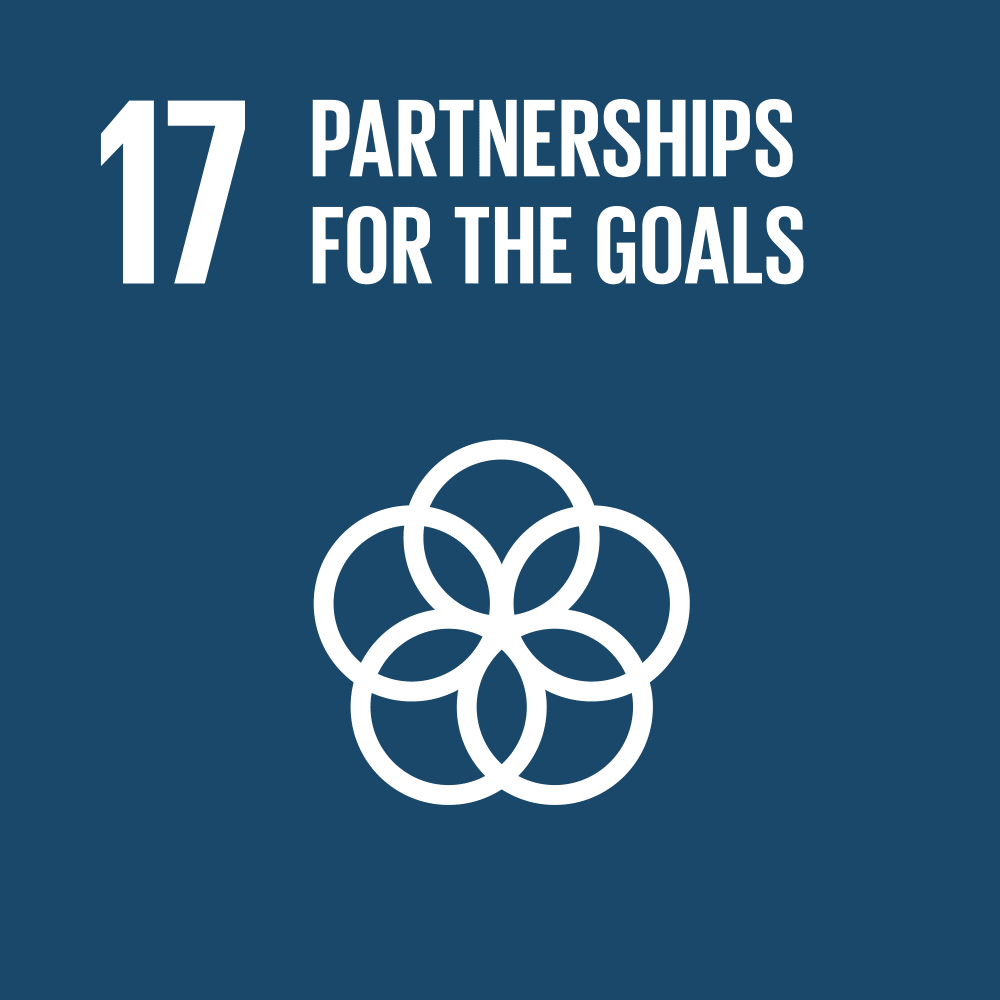Repository of Practices

Accompanying Migrant Minors with Protection, Advocacy, Representation and Opportunities (AMMPARO)
Secondary GCM Objectives
Dates
Type of practice
Geographic scope
Regions:
Summary
AMMPARO, “Accompanying Migrant Minors with Protection, Advocacy, Representation and Opportunities” (AMMPARO) was adopted by the Evangelical Lutheran Church (ELCA) in America in 2016. The strategy was envisioned as an international, holistic, whole-church response to the increased arrival of Central American minors at the U.S.-Mexico border that began in 2011 and reached crisis proportions in 2014. In 2015 an ELCA delegation to Guatemala, Honduras, and El Salvador made observations of how factors such as extreme violence and insecurity, poverty, lack of opportunities and environmental issues were driving scores of vulnerable people, especially youth, to become internally displaced and eventually migrate.
This experience led to the creation and adoption of AMMPARO. AMMPARO works to uphold and promote the basic rights and protection of migrants, address the underlying factors driving migration, and work towards humane policies around a set of three interdependent guiding principles that include accompaniment, awareness building, and advocacy. Ongoing challenges like climate change, political instability, and impunity, and more recently, the COVID-19 pandemic have exacerbated the complex and interrelated factors driving migration in this region, especially in Central America, triggering year-after-year displacement. Appropriately and effectively addressing migration requires a focus on long-term solutions for bettering the conditions that cause people to flee, inclusive of these ongoing and emerging challenges and taking the lead of local stakeholders. Moreover, absent safe and regular pathways to migrate, many vulnerable people from across the world transit through Central America corridors. We recognize that along the way restrictions and precarity deepen the vulnerabilities of people on the move.
The AMMPARO strategy includes over 200 welcoming and sanctuary congregations and ELCA synods in the U.S. and an expanding network of faith-based organizations, churches, and civil society partners in the southern hemisphere. Partners in the region especially play an important part in the implementation of programs to address extreme social and economic vulnerability. Partners are supported by grants from ELCA Lutheran Disaster Response – International and Domestic as well as ELCA World Hunger, global ministries of the ELCA. AMMPARO staff administer funding, engage relationships with key stakeholders and networks, and advance advocacy priorities.
Organizations
Main Implementing Organization(s)
Detailed Information
Partner/Donor Organizations
Benefit and Impact
Migrant children, youth, and families are supported in key ways including: psychosocial trauma screening and counselling, know-your-rights and legal workshops, and facilitation of access to institutional education, health, and social services. Migrant youth also benefit from advancement and vocational skills training. Some area-specific programs focus on community development and food security initiatives conducted with sustainable agricultural practices in mind; others focus on climate-change adaptation and resiliency, especially in regions most impacted by slow-onset processes such as land degradation, drought, and sea-level rise. In addition to immediate and long-term assistance, AMMPARO partners work to ensure that migrant’s rights and dignity are upheld through coordinated policy advocacy based on multilateral frameworks and shared principles on migration. AMMPARO supports strengthening the spaces for civil society engagement in matters relating to migration public policy. Awareness raising activities enhance awareness of developments in the region impacting migration, and includes resource development to assist ELCA members, partners, and the public in understanding and advocating for migrant’s rights.
Key Lessons
New developments in the region, such as the mass displacement of Venezuelans into neighboring Colombia, instigated a programmatic review of AMMPARO. Mid-level and high-level meetings among key partners over this period resulted in the continentalization of the strategy, as it absorbed and coordinated migrant ministry programs in and across Latin America. This continentalization process led to the successful integration of programs with partners in Costa Rica, Colombia, Peru, Chile, and Argentina.
Recommendations(if the practice is to be replicated)
All key AMMPARO actors adhere to a common set of programmatic commitments which include the defense of migrant rights, attention to the root causes of forced migration in countries of origin, and a shared recognition of the importance of advocacy on a national, regional, and global level. Our collective work has confirmed the critical importance of being connected, of constant communication, and of programmatic coordination.
The AMMPARO network is sustained by a common sense of mutual respect and trust between its organizational members so that critical information on contextual developments and programmatic innovation is freely shared, without reservation. The overriding concern of all is the inherent dignity and value of migrant children, youth, and families who find themselves in situations of human mobility, and the programmatic imperative of pooling our collective knowledge and experience to reduce the vulnerabilities that migrants face during the distinct phases of the migrant journey.
Innovation
Some programs funded by AMMPARO were interrupted by COVID-19. Staff from organizations were unable to distribute certain aid or reach their target population due to pandemic quarantine measures. These lessons have been incorporated in future projects.
Additional Resources
Media
ELCA AMMPARO update: A wholistic approach to migration
Date submitted:
Disclaimer: The content of this practice reflects the views of the implementers and does not necessarily reflect the views of the United Nations, the United Nations Network on Migration, and its members.
More Related Practices:
- Migrant Domestic Workers Rights on the Threshold of Czech Households
- Libro: “A 20 años de la Ley de Migraciones”
- Comité de Familiares de Migrantes Desaparecidos de el Progreso, Yoro, Honduras, COFAMIPRO 25 años dando la lucha en la búsqueda de personas migrantes
- Programa de sensibilización de los derechos políticos de la población migrante internacional: En La Ciudad, Votás
- Transhumance Tracking Tool (TTT)
Peer Reviewer Feedback:
*References to Kosovo shall be understood to be in the context of United Nations Security Council resolution 1244 (1999).
Newsletter
Subscribe to our newsletter.





